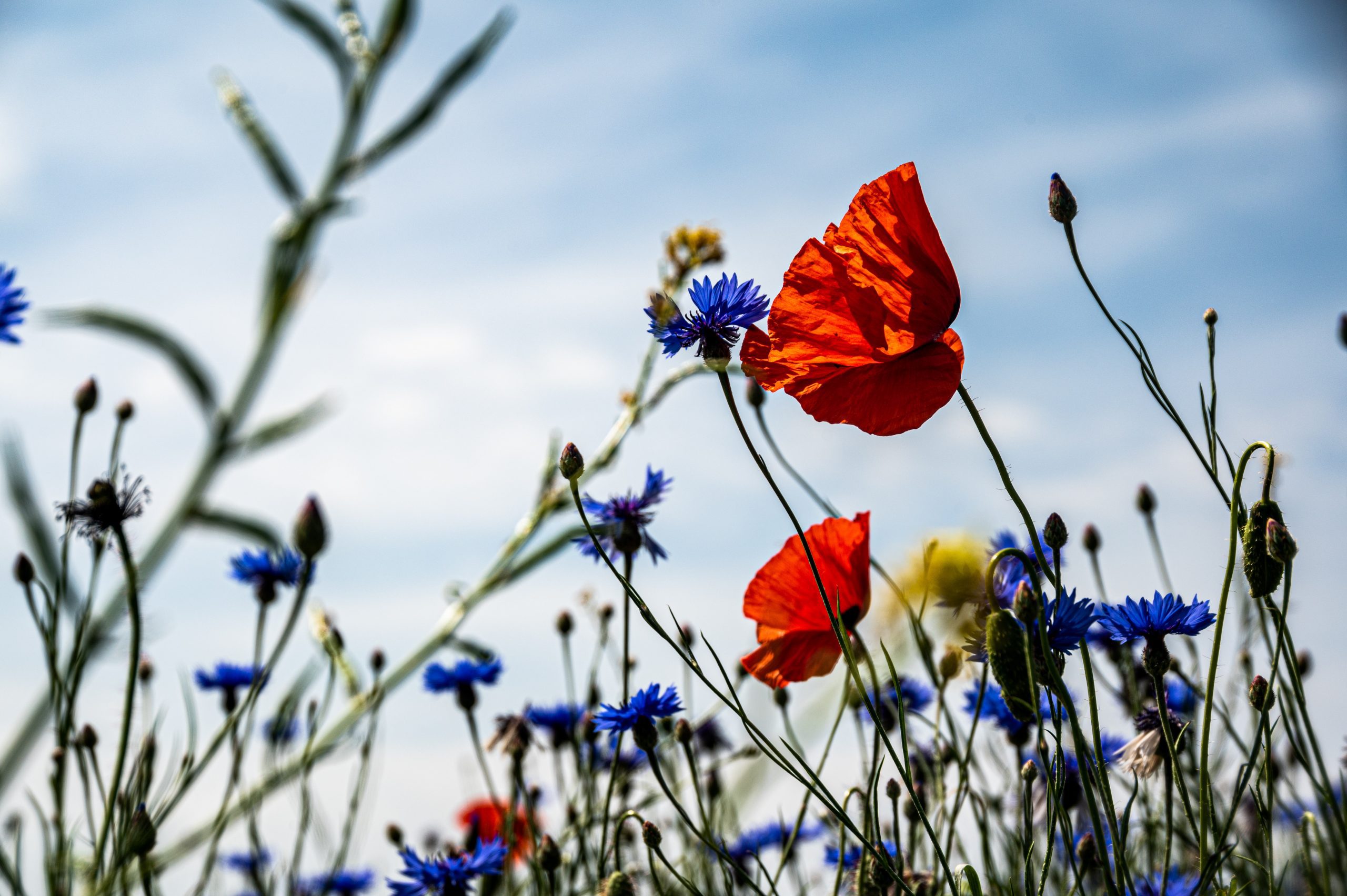
Why is biodiversity loss so important?
The water we drink, the food we eat, and the air we breathe – they all rely on biodiversity. But alarm bells are ringing, as biodiversity loss is happening around the world. What does this mean for the future of our planet?
I appreciate that’s a heavy way to start a blog post. But sometimes, we’ve got to confront the reality of a situation: biodiversity is in a state of crisis.
But don’t panic and close the tab in favour of funny dog videos just yet – there’s a light at the end of the tunnel.
Let’s unpack why biodiversity loss is happening and what humankind can do to tackle the situation.
First up, what is biodiversity?
Biodiversity is the natural world around us. It’s the variety of different plants, animals, insects, fungi, bacteria, and microorganisms that inhabit our planet.
The world is teeming with life, and every element is delicately interconnected to create ecosystems that maintain and support life on Earth. These complex interactions have made Earth habitable for billions of years.
What is International Day For Biological Diversity?
The UN has marked the 22nd May International Day for Biological Diversity to boost understanding and awareness of biodiversity issues. You can find out more about their mission here.
Why should we care about biodiversity?
A lot of people hear ‘biodiversity’ and think of wildlife, plants, and soil. It’s easy to assume that it doesn’t involve or affect us. But biodiversity is the most complex and vital feature of our planet – and it affects us all. It’s crucial to our health, economies, and livelihoods.
Humans have caused the loss of 83% of all wild animals and half of all plants. The world’s 7.6 billion people represent just 0.01% of all living things by weight.
Let that sink in.
As much as we like to think that we’re the dominant species on Earth, we comprise just a tiny fraction of life on the planet. Here’s why we need to take biodiversity seriously.
- Biodiversity is responsible for global nutrition and food production. We’re able to eat the food we eat because millions of species work together to provide the nutrients needed to sustain a balanced, healthy diet. Needless to say, this plays a huge role in disease prevention and lifespan.
- Biodiversity helps fight disease. Plants are essential for medicines. Today, around 11% of the drugs considered ‘basic’ and ‘essential’ by the World Health Organisation originated in flowering plants. Biodiversity loss means that every time a species goes extinct, we potentially miss out on new drugs and treatment options.
- Biodiversity provides livelihoods. We need to protect ecosystems – not just for the good of the planet, but also for the communities that depend on them. Many livelihoods, such as farmers and fishers, rely on biodiversity to provide us with raw materials for production and consumption.
- Biodiversity boosts business. From pharmaceuticals to food and tourism, there are an array of industries that rely on biodiversity. By protecting biodiversity, we pave the way for economic growth and resilience.
- Biodiversity protects us. It’s what makes our planet habitable and safe for human life. Thanks to biodiverse ecosystems, we benefit from natural protective mechanisms that shield us from natural disasters such as floods and storms. They also filter our water and regenerate our soil, so it’s primed for plant and crop growth.
What can we do to encourage biodiversity?
Good news: there’s plenty we can do to protect and preserve local biodiversity.
- Plant nectar-producing wildflowers. I know it’s trendy to have a perfectly manicured lawn with just a few garden ornaments dotted around. But when you strip your garden of flowers and plants, you discourage biodiversity. Wildflowers attract bees and other insect pollinators, which are vital for food production and the cycle of life.
- Support local biodiversity projects. A couple of my favourites local to me include the Hampshire and Isle of Wight Wildlife Trust’s Seagrass Restoration Project and the work done by Love the Forest to support education and conservation projects. A little bit of investigation will no doubt result in a number of projects local to you.
- Use less water. Biodiversity and water are intrinsically linked. Our well-being, food security, and our health directly depend on the supply of water. Shorter showers, rainwater collection, installing low flow taps and dual flush toilets or purchasing water efficient appliances can help to conserve water.
- Check the source. Make sure the products you buy and the businesses you support aren’t contributing to habitat destruction and biodiversity loss elsewhere. Look for certification labels like Rainforest Alliance, FSC (Forest Stewardship Council) and RSBO (Roundtable on Sustainable Palm Oil). Organisations like these are committed to more sustainable consumption of the Earth’s resources across the world.
We all have a role to play and even the smallest of changes lead to a much bigger impact.
More like this?
Sign up to fortnightly Eco Bites to learn more about the intersections of business and sustainability.
Or, if you’re ready to build a sustainability roadmap for your business, let’s talk.
